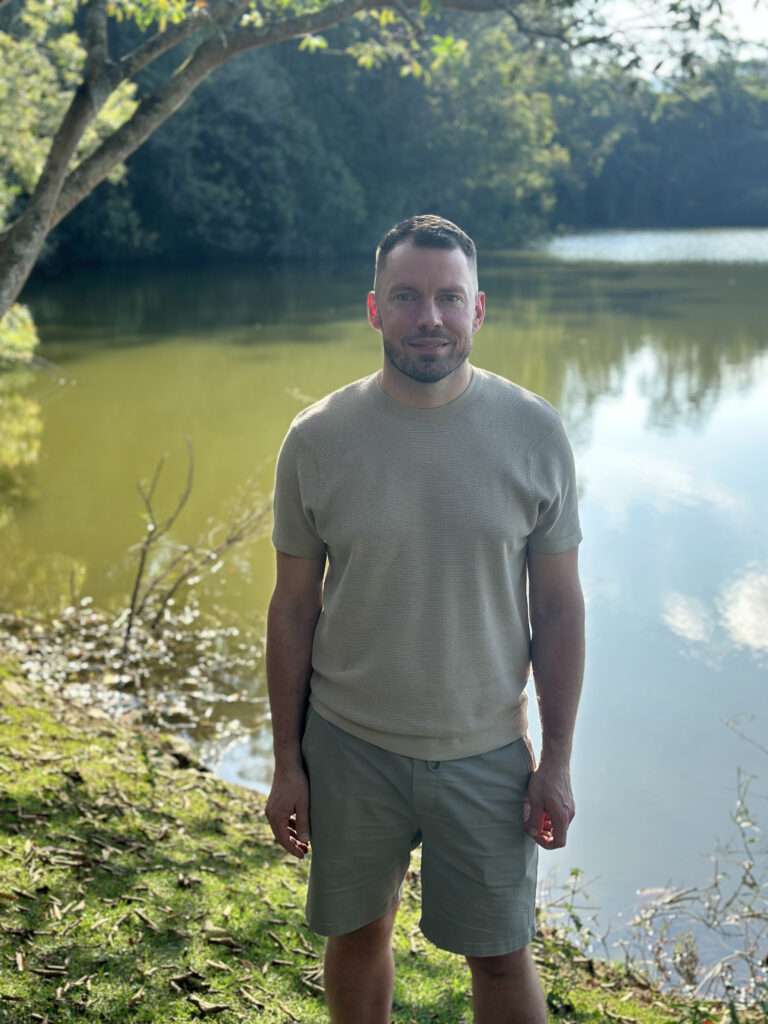In today’s podcast with Reelika Jeferjev, I shared insights from my time in Brazil, in the suburbs of São Paulo. This experience has been enlightening, especially in the context of organizations, prompting me to reflect on how we shape leadership and work culture in Estonia.
The leadership style here is strikingly different. Meeting with a local real estate development company leader revealed a new perspective: his office, filled with spiritual elements like crystals and mandalas, emphasized spirituality as part of everyday work. This contrasts with the caution in Estonia towards such openness.
The Brazilian style of free communication indicates that spiritual space and interpersonal interactions are central to their work culture. For instance, visiting a local telecom company, I noticed how freely people communicate and work together, unlike the often more formal and reserved approach in Estonia.
Our culture often maintains an autocratic style of management, keeping personal life separate from work. Elsewhere in the world, such as I see in Brazil, work is a more personal part of life, often done collectively with friends and family.
An important topic we discussed in the podcast is the relative concept of time. In Brazil, schedules are not as strict as in Estonia. If something needs to be done, it is completed within the day without a rigid schedule, reducing stress and increasing job satisfaction as people feel less pressured and more free to plan their day.
Perhaps it’s time for us to change our approach? If we brought more of ourselves into our work culture, allowing people to be people at work, it could lead to greater satisfaction and less stress. Work should not only be an obligation but also a place where our true nature and values are expressed.
If we all – leaders and teams – learned to be more human at work and less about roles, how might this transform our work environment? Are we ready to open our work culture to more spiritual and human elements that truly reflect what we value? Work should be a place where time is our ally, not our enemy.
Kuula lähemalt Spotify’st “Juhtimine juhtimiseta” podcasti 107 osast.

